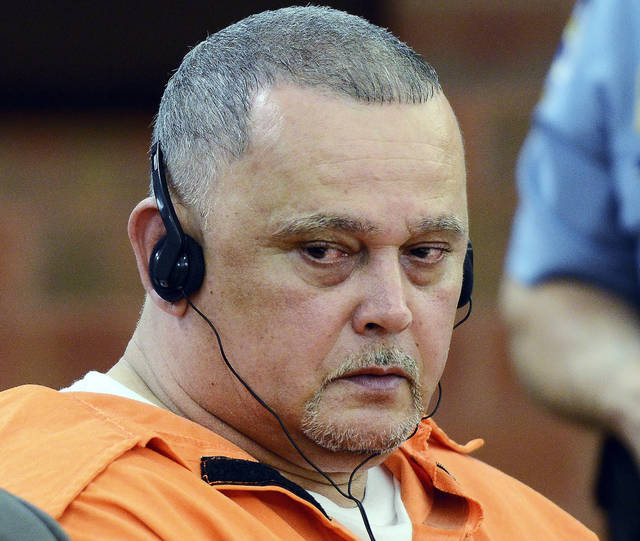HARTFORD, Conn. — The state Supreme Court on Tuesday rejected the appeal of a murder convict who argued the jury in his case was tainted by testimony from a witness who said God helped identify him in a photo array.
In a 7-0 ruling, justices upheld the conviction of Pedro Miranda, who is serving life in prison for the 1987 killing of 13-year-old Mayra Cruz. Mayra disappeared while walking to school in Hartford, and her body was found in East Windsor near Miranda’s former employer.
Miranda also is serving a second life sentence in the killing of 17-year-old Carmen Lopez, of Hartford, in 1988. An innocent man served more than two decades behind bars for that killing before being freed as a result of new DNA testing. Miranda also was charged with killing a third Hartford teenager, Rosa Valentin, in 1986, but prosecutors declined to try him because of problems with evidence.
Miranda has denied any role in the killings.
A witness, Jose Diaz, told police he saw Mayra get into a yellow Datsun on the day she disappeared but he couldn’t see the driver’s face. Police said Diaz identified Miranda, who drove a yellow Datsun, in a photo array.
During the trial, Diaz testified that when police showed him photos of possible suspects he asked God for help.
“When I looked at the pictures, my eyesight was brought to this one picture, and I started crying and the officer asked me what was going (on), and I told him I asked God for direction,” Diaz testified. “And I pointed to picture number (five).”
Miranda’s trial attorneys objected to the testimony. Judge Trial Referee John F. Mulcahy ordered the jury to leave the courtroom and sustained the objection. But Mulcahy did not tell jurors when they returned to disregard what Diaz said or that he had sustained the objection.
After testimony in the trial was complete, Mulcahy instructed jurors to disregard what Diaz had said after Miranda’s lawyers objected but not before the objection.
The Supreme Court said it upheld Miranda’s conviction because his lawyers failed to ask the judge to tell the jury the objection was sustained and to disregard his testimony in the days after the objection. The court also said Miranda agreed to the language in the jury instructions.
“The defendant expressly approved of the trial court’s proposed course of action,” Justice Richard A. Robinson wrote in the court’s opinion.
The court also rejected Miranda’s claim that the trial judge was wrong to allow Mayra’s mother to testify that she had heard Miranda was connected to her disappearance.
Miranda’s lawyer for the appeal, Daniel Foster, declined to comment on the ruling. An official with the state public defender’s office, which will decide whether to appeal to the federal courts, also declined to comment.
Miranda was charged with the three killings in 2008 after new DNA tests in the Lopez case linked him to her killing and exonerated her boyfriend, Miguel Roman, who served 20 years in prison before being freed with the help of Connecticut Innocence Project. State officials later awarded Roman $6 million for his wrongful conviction.


